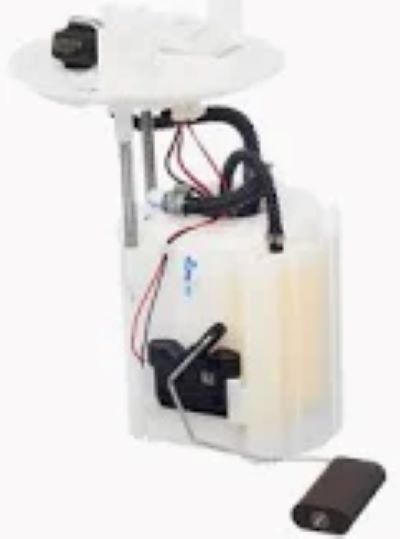A blocked Fuel Pump can be dangerous in that it disrupts fuel delivery, thus making the potential engine stall and safety hazard great. In instances of restricted fuel flow-such as high-demand driving on the highway-the engine may not get enough fuel to keep running. It also runs a serious risk of a sudden stop in traffic, especially when at high speed, in case of losing power steering and braking capabilities. According to a National Highway Traffic Safety Administration estimate, problems in fuel systems such as pump blockages account for more than 5 percent of the total engine-related breakdowns every year.
Another danger of fuel pump blockages includes heat generation. In an attempt to push fuel through a obstructed line or clogged filter, the pump generates excessive heat that will definitely burn down the motor or, in extreme condition, even create a fire hazard. On this note, mechanics said that clogged fuel pumps heighten the risk of overheating by about 20%, where the pump acts beyond its capacity. This is more likely to occur in older vehicles in which pump parts have already worn out, thus increasing the possibility of malfunction.

Blockages also create a lean fuel mixture-a situation in which there is too much air and too little fuel going into the engine. Lean conditions can cause pre-ignition, or knocking, which can destroy major engine parts like pistons and valves. Eventually, it causes costly repairs because engine parts deteriorate under inappropriate combustion conditions. Vehicles driven consistently lean as a result of faulty fuel pumps are reported to undergo as much as 30% more engine wear and tear than those whose fuel delivery is balanced.
This periodic replacement and servicing prevents blockages from occurring, enabling the pump to function correctly and safely. Equally essential as the periodic replacement of fuel filters are overall periodic checks that will keep you safe from these two serious dangers.
